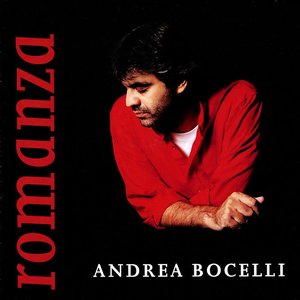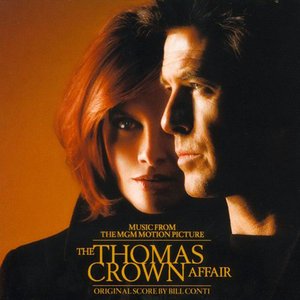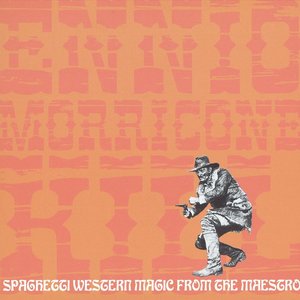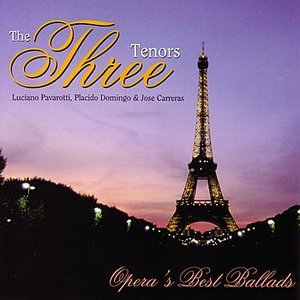Wiki
-
Length
3:55
Panis angelicus is the penultimate strophe of the hymn Sacris solemniis written by Saint Thomas Aquinas for the Feast of Corpus Christi as part of a complete liturgy of the Feast including prayers for the Mass and the Liturgy of the Hours.
The strophe of Sacris solemniis that begins with the words "Panis angelicus" (bread of angels) has often been set to music separately from the rest of the hymn. Most famously, in 1872 César Franck set this strophe for voice (tenor), harp, cello, and organ, and incorporated it into his Messe à trois voix Opus 12.
The phenomenon whereby the strophe of Sacris solemniis that begins with the words "Panis angelicus" is often treated as a separate hymn has occurred also with other hymns that Thomas Aquinas wrote for Corpus Christi: Verbum supernum prodiens (the last two strophes begin with "O salutaris Hostia") and Pange lingua gloriosi (the last two strophes begin with "Tantum ergo", in which case the word ergo makes evident that this part is the continuation of a longer hymn).
Renditions of the setting by Franck
The 1932 performance of Franck's work by John McCormack in Dublin's Phoenix Park became the highlight of his career. Noteworthy renditions have also been performed by tenors Luciano Pavarotti (alone, with his father, and in company of Sting), Plácido Domingo, Richard Crooks, Donald Braswell II and Roberto Alagna, as well as by the sopranos Magda Olivero, Charlotte Church, Renata Scotto and Chloë Agnew (with Celtic Woman). This work was performed by Richard Tucker at the funeral mass of United States Senator and Presidential candidate Robert F. Kennedy on June 8, 1968 as well as by Placido Domingo and Yo-Yo Ma at the funeral mass for his brother Senator Edward Kennedy on August 29, 2009, televised nationally in the USA. The cellist Julian Lloyd Webber recorded it on the 1998 album Cello Moods. Italian classical singer, Micheal Castaldo recorded an Italian version of this song on his 2010 album, Aceto.
Track descriptions on Last.fm are editable by everyone. Feel free to contribute!
All user-contributed text on this page is available under the Creative Commons Attribution-ShareAlike License; additional terms may apply.








